Afyon Honey Marble
 Turkey
(Hocalar, Iscehisar, Afyonkarahisar)
Turkey
(Hocalar, Iscehisar, Afyonkarahisar)
Yellowish white marble

Are there color variations of Turkey's Afyon Honey Marble?

Can Turkey's Afyon Honey Marble be used in a office?

Is Turkey's Afyon Honey Marble an expensive stone?

Why not to use marble for kitchen countertops?

Can Turkey's Afyon Honey Marble be used exterior applications in cold climates?

What grade is Turkey's Afyon Honey Marble?

Can Turkey's Afyon Honey Marble be used in landscaping?

How thick is Turkey's Afyon Honey Marble slabs?

Can Turkey's Afyon Honey Marble be used outdoors?

What is the coefficient of friction of Water Jet Cut Turkey's Afyon Honey Marble tiles?
-

 Turkey
Turkey
 9YRDiamond members are premium members on platform, providing members with comprehensive approach to promoting their products, increasing products exposure and investment return to maximize.
9YRDiamond members are premium members on platform, providing members with comprehensive approach to promoting their products, increasing products exposure and investment return to maximize.
 Verified Supplier is for prove company authenticity,including business license,trade license and effective office space,to enhance buyers' trust to suppliers and their products, reducing communication costs.
Verified Supplier is for prove company authenticity,including business license,trade license and effective office space,to enhance buyers' trust to suppliers and their products, reducing communication costs.
Contact Supplier
-

 Turkey
Turkey
 5YRDiamond members are premium members on platform, providing members with comprehensive approach to promoting their products, increasing products exposure and investment return to maximize.
5YRDiamond members are premium members on platform, providing members with comprehensive approach to promoting their products, increasing products exposure and investment return to maximize.
 Verified Supplier is for prove company authenticity,including business license,trade license and effective office space,to enhance buyers' trust to suppliers and their products, reducing communication costs.
Verified Supplier is for prove company authenticity,including business license,trade license and effective office space,to enhance buyers' trust to suppliers and their products, reducing communication costs.
Contact Supplier
-

-

 Turkey
Turkey
 5YRDiamond members are premium members on platform, providing members with comprehensive approach to promoting their products, increasing products exposure and investment return to maximize.
5YRDiamond members are premium members on platform, providing members with comprehensive approach to promoting their products, increasing products exposure and investment return to maximize.
 Verified Supplier is for prove company authenticity,including business license,trade license and effective office space,to enhance buyers' trust to suppliers and their products, reducing communication costs.
Verified Supplier is for prove company authenticity,including business license,trade license and effective office space,to enhance buyers' trust to suppliers and their products, reducing communication costs.
Contact Supplier
-

 Turkey
Turkey
 5YRDiamond members are premium members on platform, providing members with comprehensive approach to promoting their products, increasing products exposure and investment return to maximize.
5YRDiamond members are premium members on platform, providing members with comprehensive approach to promoting their products, increasing products exposure and investment return to maximize.
 Verified Supplier is for prove company authenticity,including business license,trade license and effective office space,to enhance buyers' trust to suppliers and their products, reducing communication costs.
Verified Supplier is for prove company authenticity,including business license,trade license and effective office space,to enhance buyers' trust to suppliers and their products, reducing communication costs.
Contact Supplier
-

-

-

-

 Turkey
Turkey
Contact Supplier
-

The request includes: 1. surface finished, size 2. quantity required






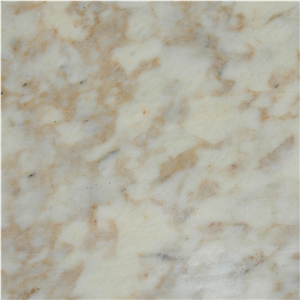
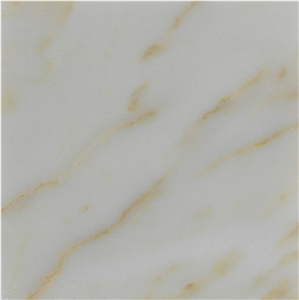
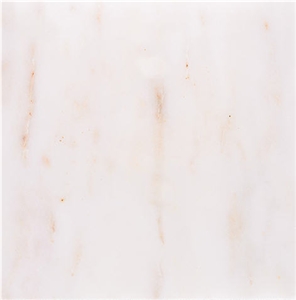
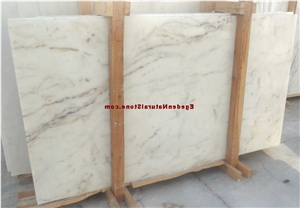
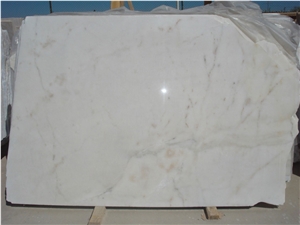
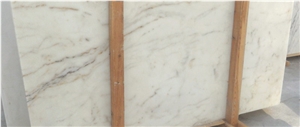
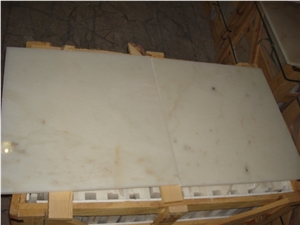
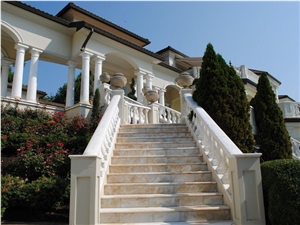
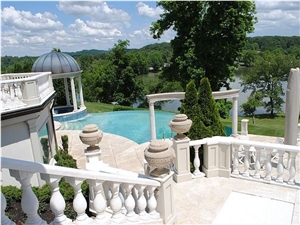
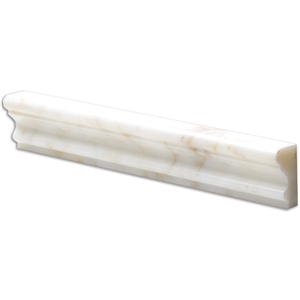
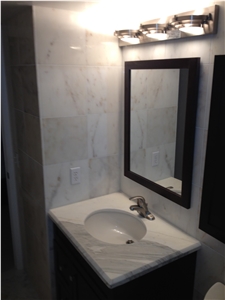
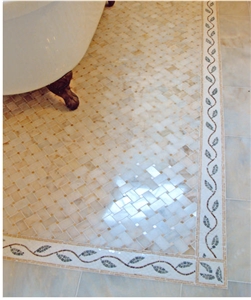
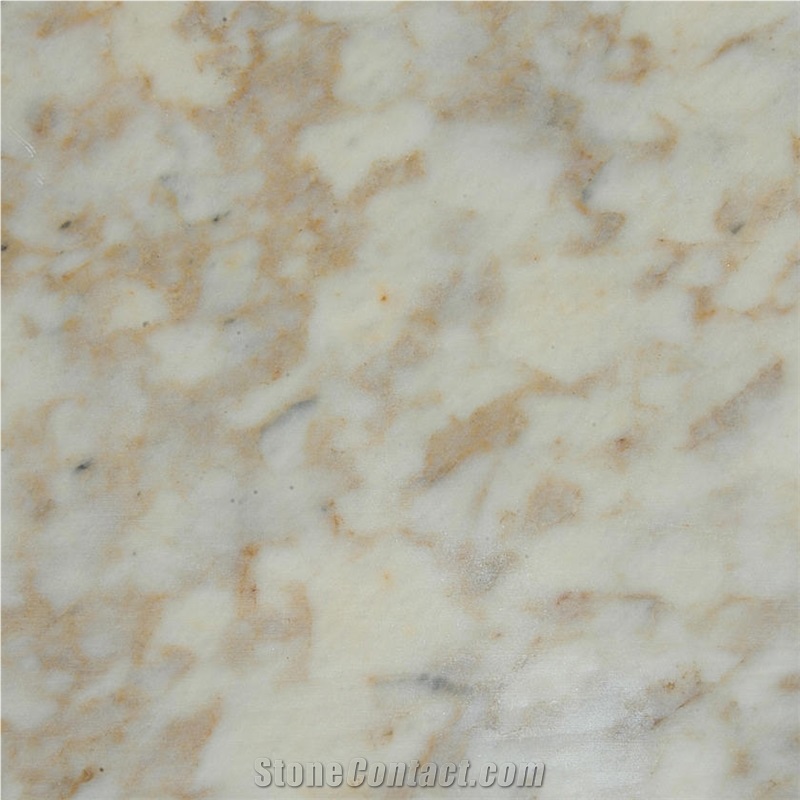
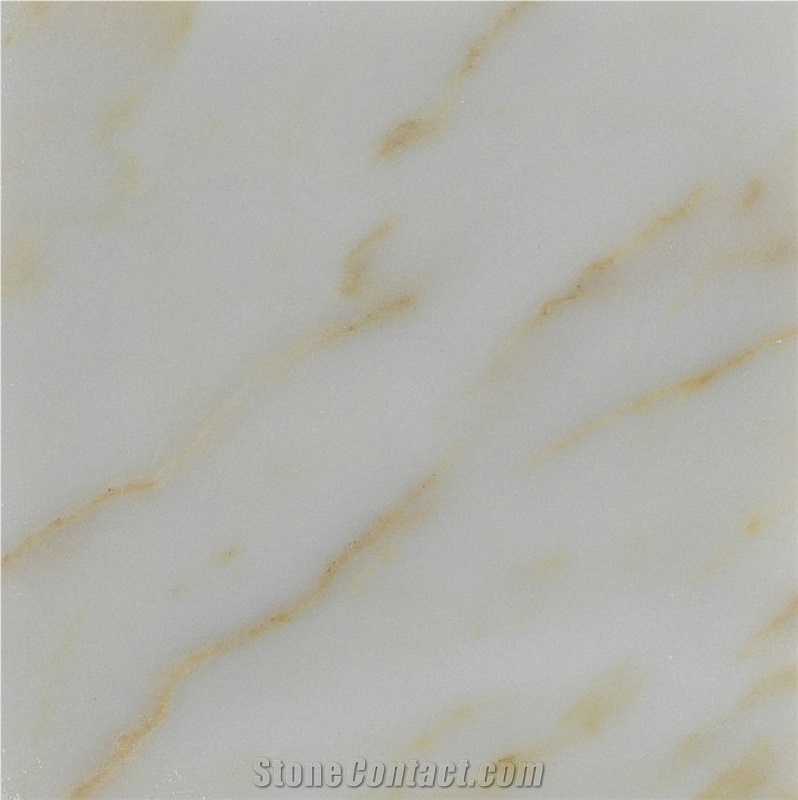
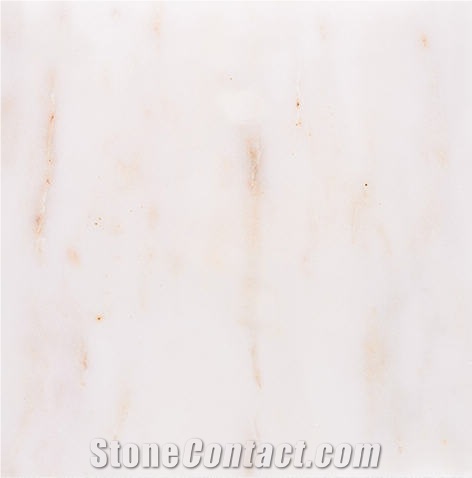
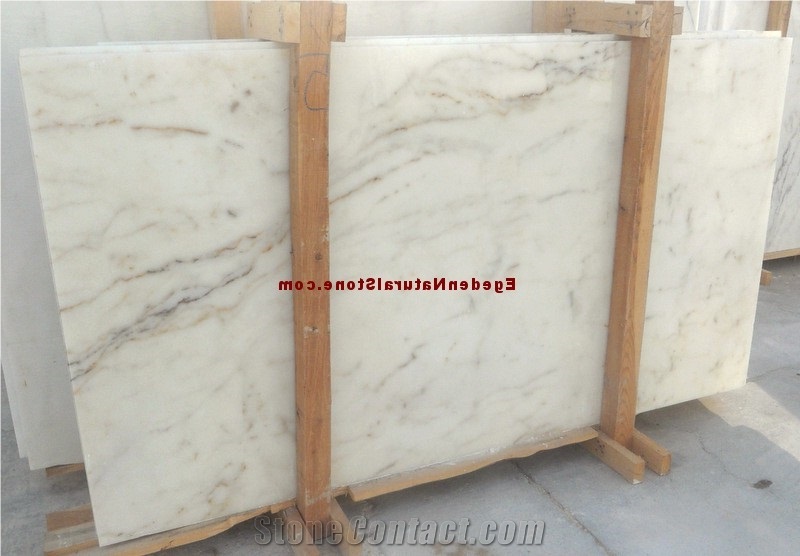
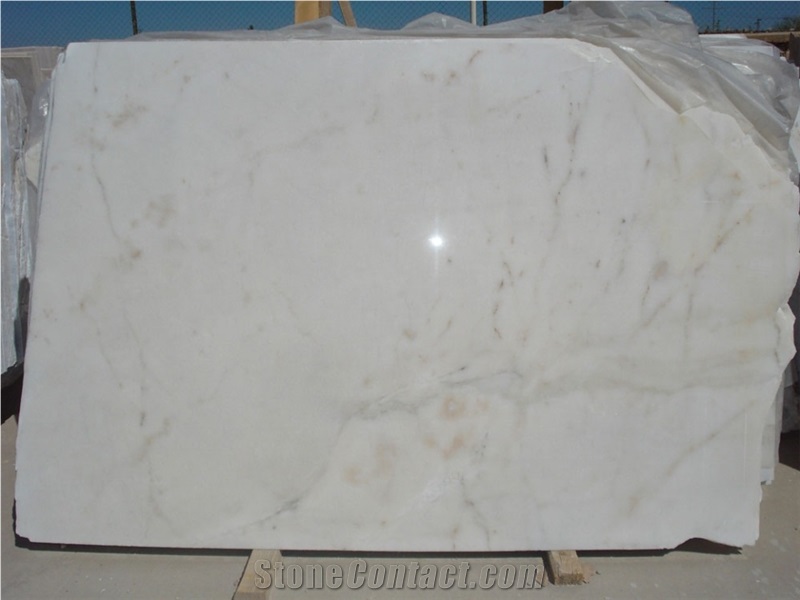
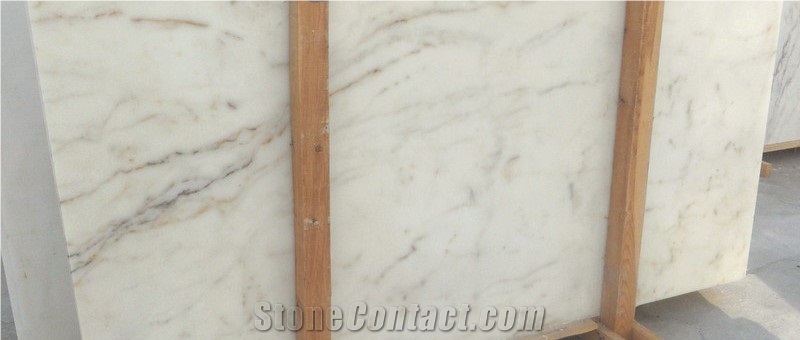
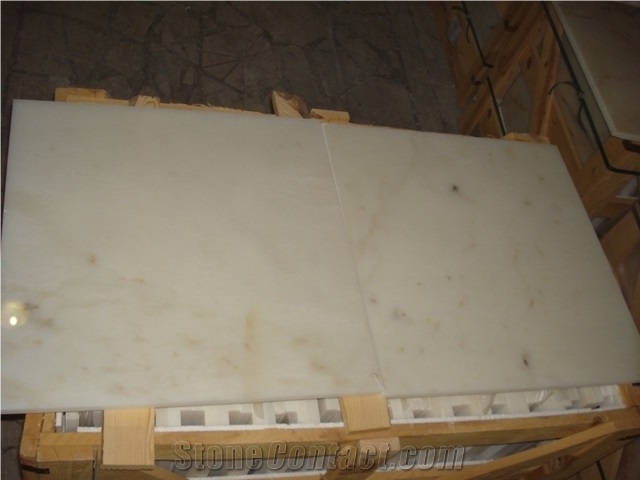
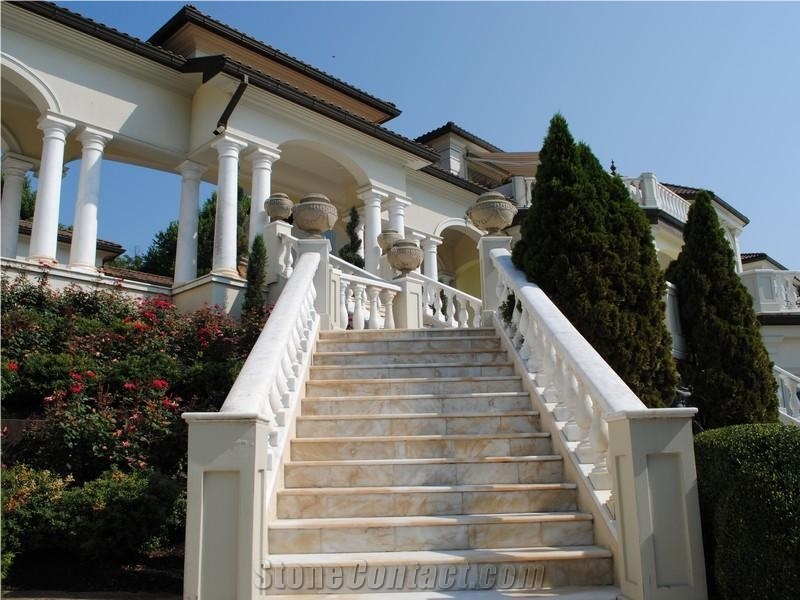
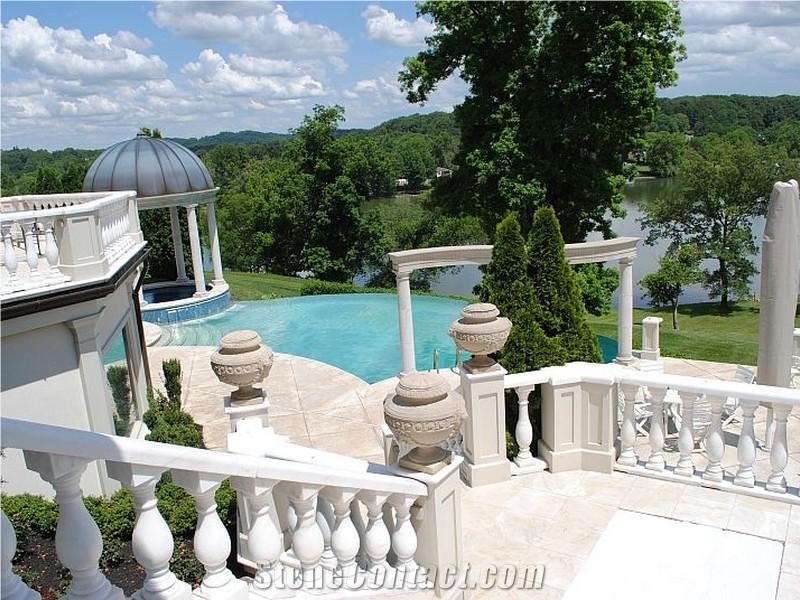
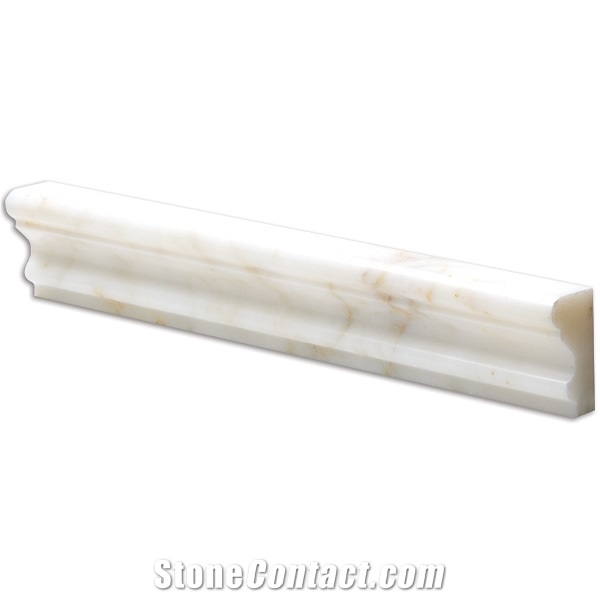
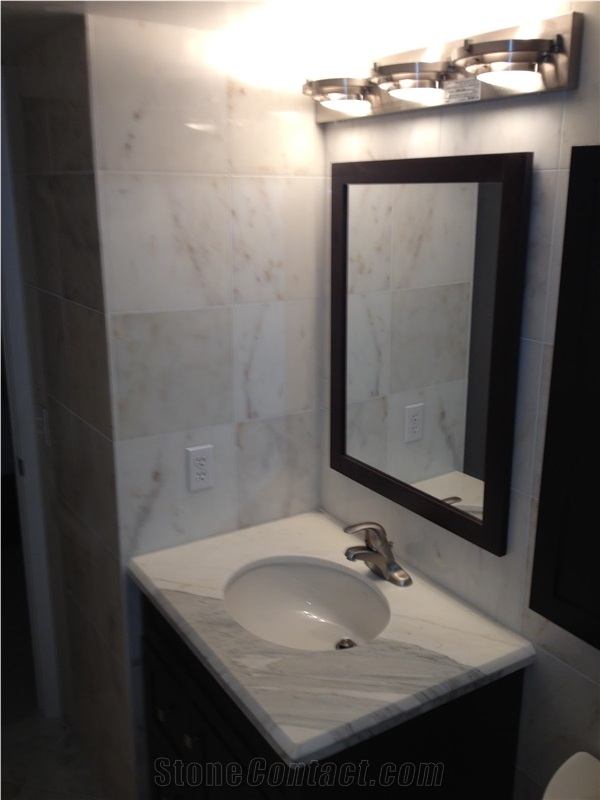
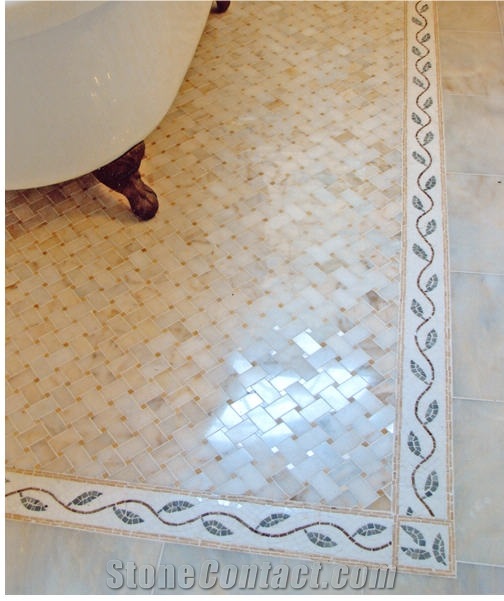
 Italy
Italy United States
United States Ireland
Ireland